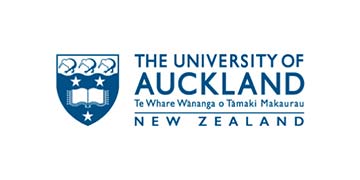University Of Auckland observes increase in funded medical students
The Government announced today that it will fund an additional 50 medical students at the country’s two medical schools from 2024.
Waipapa Taumata Rau, University of Auckland Vice-Chancellor Dawn Freshwater said that the increase in funded places will help address the shortages of doctors in Aotearoa New Zealand and represents a significant investment in the country’s health workforce.
“We, along with the University of Otago, have been working with successive governments to look at ways to develop and maintain a sustainable domestic medical workforce, and we are thrilled to see this commitment from the Minister of Health to address a real training shortfall.
In a lecture on the Future of the Health Workforce to University of Auckland students and staff, Minister of Health Dr Ayesha Verrall explained the government’s decision to lift the number of funded domestic medical school enrolments from 539 to 589 across the country.
A shortage of doctors, along with other medical professionals, has been of significant concern in recent years, and the universities have worked collaboratively with the Government to consider ways to address this.
The funding for these extra places is a great start to strengthening our domestic workforce and responding to the health needs of all New Zealanders.
Acting Dean Professor Warwick Bagg
Faculty of Medical and Health Sciences
Acting Dean of the University’s Faculty of Medical and Health Sciences (FMHS), Professor Warwick Bagg said that both Auckland and Otago universities have been preparing for an increase in medical school numbers, and with a significant amount of Government funding required, have been waiting for the go-ahead from the Government.
Enabling the existing medical schools to train more medical students is the fastest and most cost effective solution for the country.
“We are already committed to addressing the needs of the country in many areas of need including general practitioners (GPs), medical professionals in rural communities and the underrepresentation of Māori and Pacific people across the profession.
“The funding for these extra places is a great start to strengthening our domestic workforce and responding to the health needs of all New Zealanders,” he said.
“We look forward to further building on our relationships with the Government, Te Whatu Ora and Te Aka Whai Ora to create long-term sustainable growth in a wide range health professionals.”
FMHS opened as the School of Medicine in 1968 with 60 students. Since then, it has developed into a multidisciplinary faculty of Medical and Health Sciences, with thousands of students training in nursing, pharmacy, medical imaging, audiology and optometry, as well as public health and medical science.
The additional places will be allocated across Waipapa Taumata Rau, the University of Auckland and University of Otago from 2024.

